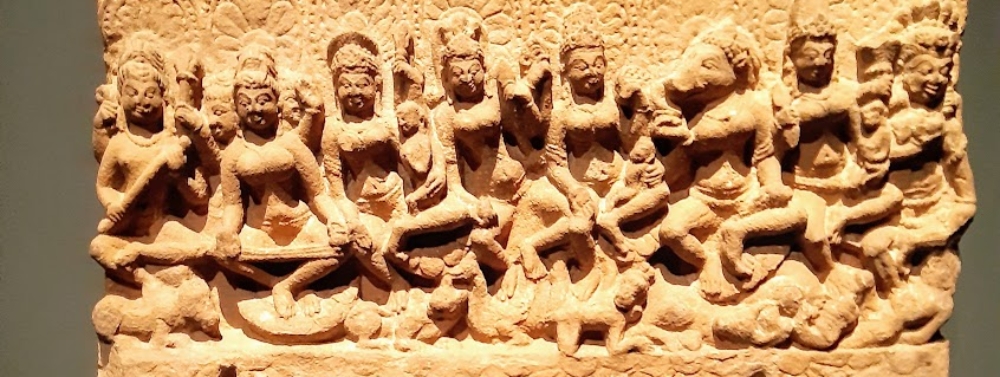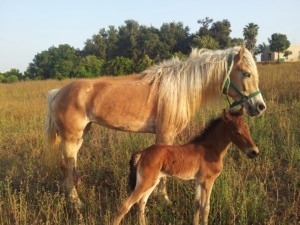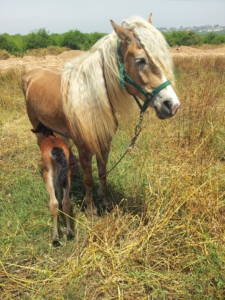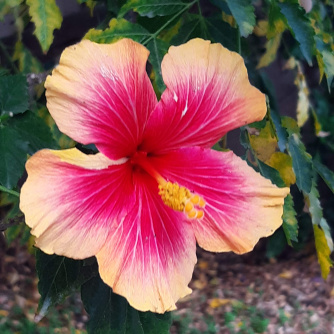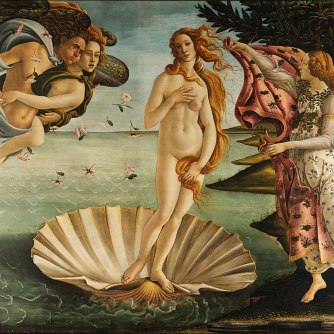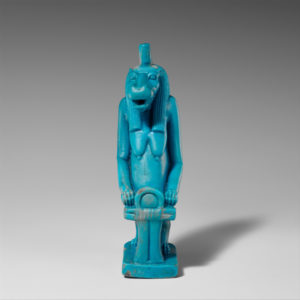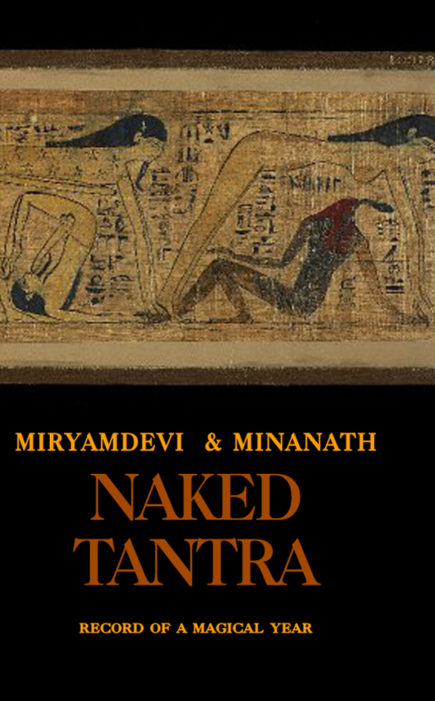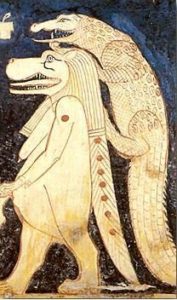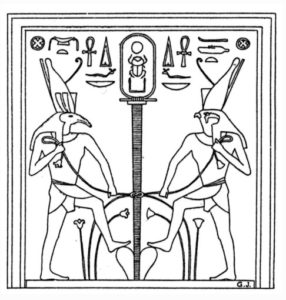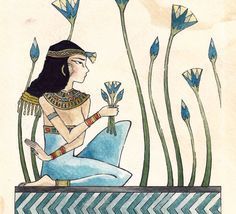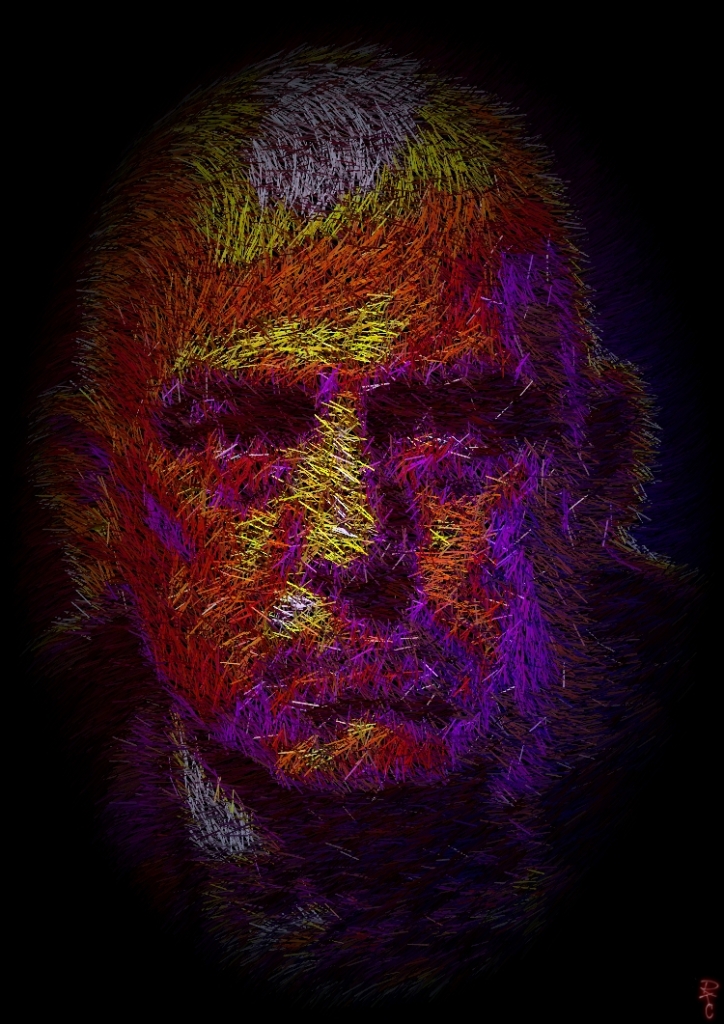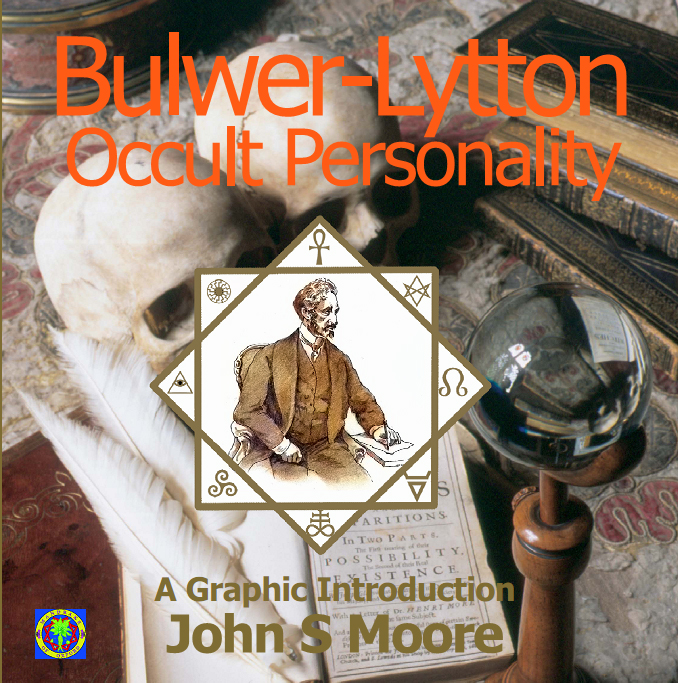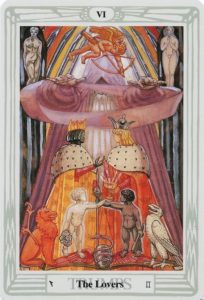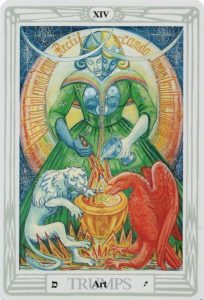Reviewed by Mogg Morgan
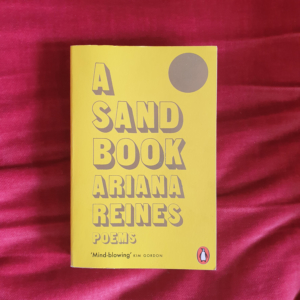
A Sand Book, Poems
Ariana Reines
ISBN 9780141992693 (2019) 388pp, Penguin UK £12.99
“To you? There are nectars hidden in your body. Suck your own tongue.” (Son of a Jar/Ariana Reines) p.4
I’ve been reading this book for a couple of weeks now, like any collection of poems; it’s quite an intense journey and best accomplished in manageable sections. So the collection is arranged into chapters, which makes that easy, although I still have a few to go, I thought it was time to write something of it now, and then finish it off in my own time. Maybe it’s my imagination but it does read like a continuous narrative, I’m guessing its talented author intended it so. It feels like being a fly on the wall in the author’s magical playroom or reading the record that magicians often keep. I was offered this book to read because the publicist said it covered a number of occult themes, as indeed it does, and they seem to be increasing, as the book progresses.
One theme that I recognised as it recurred several times looks like what’s become known as tantra. The little couplet with which I opened this review is a good example. Like one of those tight packed sutras, one finds in old Hindu texts from the eponymous sutra period, during which the Yoga and Samkhya sutras were conceived. Each couplet is a distillation of a whole lot of complex, magical ideas. They are like seeds, waiting to germinate in the mind of the reader; which is another common Tantrik metaphor.
Poetry was and indeed is a common form of magical exegesis – so the results of magick are often expressed in bardic speech. That’s the result but the methods also involve the tongue and the mouth. The tongue that intercepts and thereby tastes the elixir, thought to emanate from the brain, dripping down the spinal column. The tongue that tastes the elixir in another’s mouth, usually a lover. And as Tantrik texts always have at least three possible meanings, the elixir can also be that which flows from the so-called “lower mouth” – all very Tantrik. I’m sure I haven’t exhausted all the meanings.
So returning to A Sand Book, which again might also allude to those marks in the sand made by spirits, who cannot speak apart from in signs and symbols, thus are geomantic.
Not all the poems have this same magick, but they do all steadily build up a picture of the poet as she moves from one moment to another in her life, interesting, disturbing, mundane, magical. And, as my partner remarks, the poet is very readable with a knack of painting vivid pictures with her tongue. So, being in the mood, she read the whole poem to me as the valediction to our ritual; and though it is quite long it slips off the tongue.
The author’s magick is astrological and involves a technique she called “lazy haver eye” which I think might be a kind of dissociative, defocused perception of her world, which is also often ours. She even uses a poem to tell us elegantly about her influences – thus in the title poems of “Arena” she says “Because I had studied the dust bowl, the architecture of Delphi, Judaic and Islamic legends of Moses, Midianite theology, the history of Haiti, Aryan horsemen of ancient Iran, the collapse of Sumerian agriculture, Kundalini yoga, etc etc.” p18
The fine title poem of “Gizzard” – is inspired as it is by the destruction of the Yezidi sanctuaries at Sinjar – so she takes modern events and sees the mystic background.
“ I’ve seen the iridescence
On the surface of spilled oil, I’d seen
Rainbows. Until the fan spread
Across my vision I had mistaken
Peacocks for decoration
Were they secretly Quetzalcoatl
The phoenix, guardians at the gates
Of Eden …” p121
As I write this review when the sun goes down, it will be Thursday, and today I found another favourite poem in a chapter called Thursday, headed up by what I believe is the veve, or mystical diagram (perhaps yantra) for voodoo Loa (Maman) Brigitte. It begins with an invocation, which I’m am sure I will use again:
“Jupiter
Jupiter
Jupiter
Jupiter
Bring me my gold
My serpent my rod
Pour hot gold into my teeth
Bind my silver tongue
Soak it in soft white gold
Jupiter
Unbind my tongue Jupiter
And loose it on the world” p 191
Later we learn, in the same long poem, how the author will marry Jupiter. Then someone, perhaps the Mama, says she has the rings. The poet protests that she is already married to Mercury but no difference. In the poem we come full circle to where:
“Your tongue is in my mouth
I will suck you through the god in my mouth
He lives in the back
I am his student
I will suck you through the god in my mouth
Whatever man you say you are .”p 192
Which seems as good a place as any to finish this review of a highly recommended collection which I am still analysing and learning from.
Mogg Morgan works in Oxford for innovative ‘new edge’ publisher Mandrake, described as a ‘respected literary catalyst’, and responsible for the discovery of many new authors, including his friend and one-time mentor Jan Fries.
Mogg regards himself as a practitioner-cum-scholar of all aspects of occultism. He was a Wellcome research student at Oxford, where his teacher was the late Professor B K Matilal, a widely respected expert on South Asian thought. Over the years Mogg has been exploring the connections between the popular magick of ancient Egypt and its continuation/crossover with the living magical traditions of the Middle East, and the Kaula/witchcraft of south Asia and beyond.

We have some free copies of A Sand Book, to give away – enter your name & email here.
Winners picked at random on last day of August
